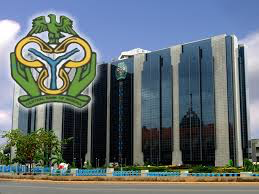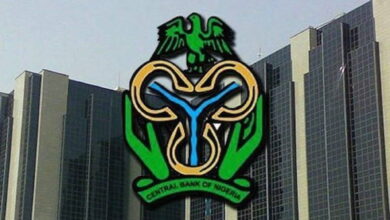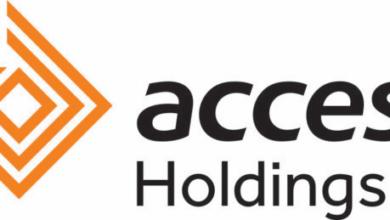CBN orders banks to pay 10% of MPR as interest on savings deposit

The Central Bank of Nigeria (CBN) has ordered banks to henceforth pay 10% of its Monetary Policy Rate (MPR) as the minimum interest rate on savings deposit.
The MPR is the benchmark interest rate of the CBN and it is presently 12.5 per cent. This implies bank customers will now get 1.25 per cent as a minimum interest rate on their savings deposit.
The apex bank announced the peg in a directive to banks signed by Director of Banking Supervision, Bello Hassan.
“All deposit money banks are hereby informed that effective September 1, 2020, interest on local currency savings deposit shall be negotiated subject to a minimum of 10percent of Monetary Policy Rate (MPR)”, the CBN said.
CBN fixes minimum capital base of mobile money operators at N5bn
The Central Bank of Nigeria (CBN) has set N5 billion as minimum capital base for Mobile Money Operators in Nigeria.
The CBN is also willing to grant more licences for payment service banks.
The Bank in a circular said that telecom firms, banking agents, retail chains and postal services could apply for licences to become payment banks.
However, they would need to set up a separate company for it with a minimum capital of N5 billion and run it as an independent entity from their existing operations.
The Bank has granted three licences so far to 9PSB, a unit of local telecom firm, 9mobile, and two others. Nigeria wants to open up its digital financial services sector, which will help millions of Nigerians who do not have bank accounts.
But regulation has been caught up with intense lobbying from lenders seeking to protect their turf in the wake of intense competition and weakening asset quality. MTN, Nigeria’s biggest telecoms firm, which is yet to receive approval, last year launched a mobile money transfer service, targeting those without bank accounts in a bid to secure the central bank’s approval for a payments licence.
More than half of Nigeria’s population of 180 million do not have a bank account.
The success of mobile money in east Africa has convinced investors and the industry that financial services are the next growth area for the telecoms sector, where prices for basic services are falling.
But the licensing requirement in Nigeria risks putting off telecom companies. When the central bank issued preliminary guidelines for payment banks in 2018 for discussion, telecom companies argued that they are not banks and do not need a capital base.
The Apex Bank said in its circular that it could ask payment banks to recapitalise for specific risks. Payment banks should operate mostly in rural areas and unbanked locations, accepting deposits from individuals and small businesses, but cannot grant loans, it said.





